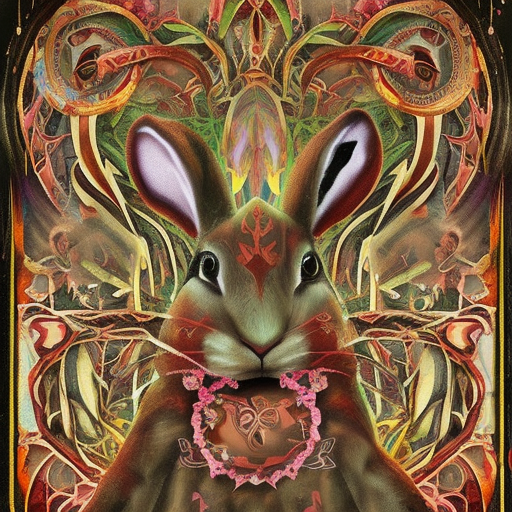One-line Summary:
Donnie Darko (2001) by Richard Kelly
Donnie Darko is a mind-bending psychological thriller that explores themes of time travel, destiny, and the blurred lines between reality and imagination. Directed and written by Richard Kelly, the film features a stellar cast including Jake Gyllenhaal as the titular character, Donnie Darko, Jena Malone as Gretchen Ross, Mary McDonnell as Rose Darko, and Patrick Swayze as Jim Cunningham. The movie’s hauntingly beautiful score is composed by Michael Andrews, with Steven Poster serving as the director of photography. Donnie Darko was produced by Adam Fields and Sean McKittrick.
Plot:
Set in the late 1980s, Donnie Darko follows the troubled teenager Donnie, who is plagued by visions of a giant demonic rabbit named Frank. After narrowly escaping death when a jet engine mysteriously crashes into his bedroom, Donnie becomes increasingly entangled in a series of bizarre events. As he navigates his way through high school, therapy sessions, and encounters with eccentric characters, Donnie discovers a disturbing connection between his visions, time travel, and the impending end of the world.
As Donnie delves deeper into his own psyche, he becomes obsessed with unraveling the mysteries surrounding his existence. He develops a relationship with Gretchen, a new girl at school, and together they embark on a quest to uncover the truth. Donnie’s journey takes him through a twisted maze of alternate realities, where he encounters a manipulative motivational speaker, a corrupt school administration, and a secret government program.
Themes and Motifs:
Donnie Darko explores themes of fate, free will, and the consequences of our choices. The film challenges the notion of a predetermined destiny and raises questions about the nature of time and reality. It delves into the complexities of mental illness and the blurred boundaries between dreams and reality. The recurring motif of the giant rabbit, Frank, symbolizes the manifestation of Donnie’s subconscious fears and desires, serving as a catalyst for his journey of self-discovery.
Reception and Legacy:
Upon its release, Donnie Darko received mixed reviews from critics but quickly gained a cult following. The film’s intricate plot, thought-provoking themes, and stellar performances were praised, while some found the narrative confusing. Despite its initial box office failure, Donnie Darko has since become a cult classic and is regarded as one of the most influential independent films of its time.
The movie won several awards, including the Grand Jury Prize at the Sundance Film Festival. It has been praised for its innovative storytelling and its ability to captivate audiences with its blend of science fiction, psychological drama, and dark humor. Donnie Darko’s legacy can be seen in its impact on popular culture, inspiring countless fan theories, discussions, and even a director’s cut that further explores the film’s complex narrative.
Recommendation:
Donnie Darko is a must-watch for fans of mind-bending psychological thrillers. Its intricate plot, compelling performances, and thought-provoking themes make it a captivating and unforgettable cinematic experience. However, viewers should be prepared for a complex narrative that requires careful attention and multiple viewings to fully grasp its intricacies.
Memorable Quote:
“Donnie Darko: Why are you wearing that stupid bunny suit?
Frank: Why are you wearing that stupid man suit?”












